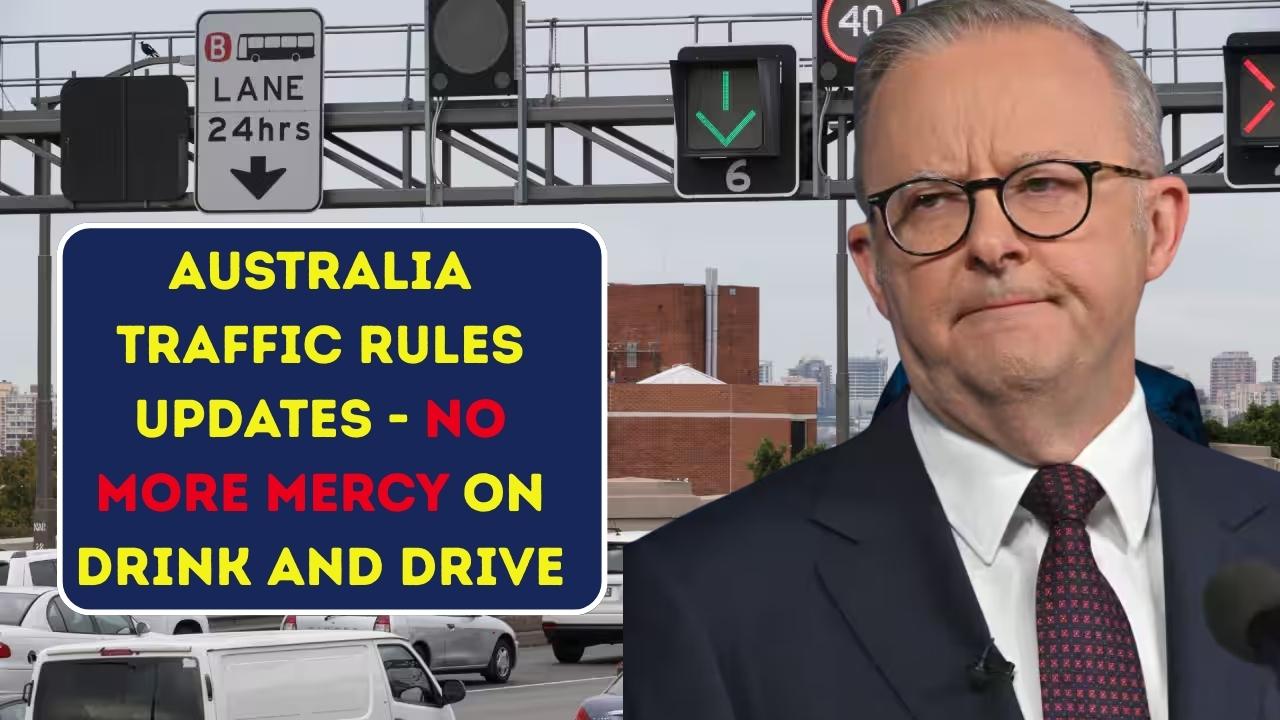In an effort towards improving road safety, Australia has enacted tougher legislation for drink driving violations. To ensure no leniency will be afforded for drink driving in the updated regulations set for 2025, authorities have signaled a shift towards a zero tolerance policy approach that aims to reduce the cycle of road accidents associated with alcohol consumption- deaths that have historically plagued Australia.
Calls for Better Road Safety Have Led to the Implementation of Tougher Rules
Despite ongoing efforts to ensure safety on roads, Australia continues to see alcohol-impaired driving as a leading cause for road accidents resulting in fatalities. Problems with repeat offenders, coupled with easy fines for the first time offenders, have for a long time made a mockery of earlier attempts to curb the drinking and driving culture in the country. The demand of the public, as well as the professionals in the field, have led to the introduction of far more effective and strict measures of enforcement. The police have responded by increasing the frequency of roadside tests and ensuring uniform rules across states so that the no more loopholes exist for offenders to take advantage of.
Outline of the New Drink Driving Offenses Aggravation
The 2025 modification introduces a significant increase in fines and license suspensions in relation to BAC levels and the number of offenses committed. Even low-tier BAC readings subjected to the range of 0.05 and 0.07 incurs a fine of AUD 800 alongside a 3-month license suspension. Mid-tier offenses of 0.08 to 0.14 BAC are fined AUD 1,500 with a 6-month suspension; while high-range offenders with BAC over 0.15 are fined up to AUD 2,500 with a year-long ban. There is also escalating fines for repeat offenders who are believed to have committed these offenses over AUD 3,000 with a two-year suspension.
Effects Spread Further than Ordinary Passengers
The new and tougher rules affect more than ordinary and casual drivers. professional drivers, alongside learner and probationary license holders are also affected, facing a complete zero tolerance phenomena whereby detection of any alcohol leads to automatic penalties. There is also the risk of mandatory installing of alcohol interlock devices for repeat offenders curtailing the ability to drive while under the influence in the future. These policies are put in place to attempt to minimize the soci and economic burdens linked to drink driving such as the suspension from work due to the loss of license and the risk.
Public Engagement and Anticipated Outcomes
Feedback on the recently updated regulations has been overwhelmingly positive, particularly from road safety advocates and those impacted by fatalities and injuries associated with drinking and driving. Although some drivers deem the punishments severe, the government maintains that such measures are necessary to enhance safety for all.


